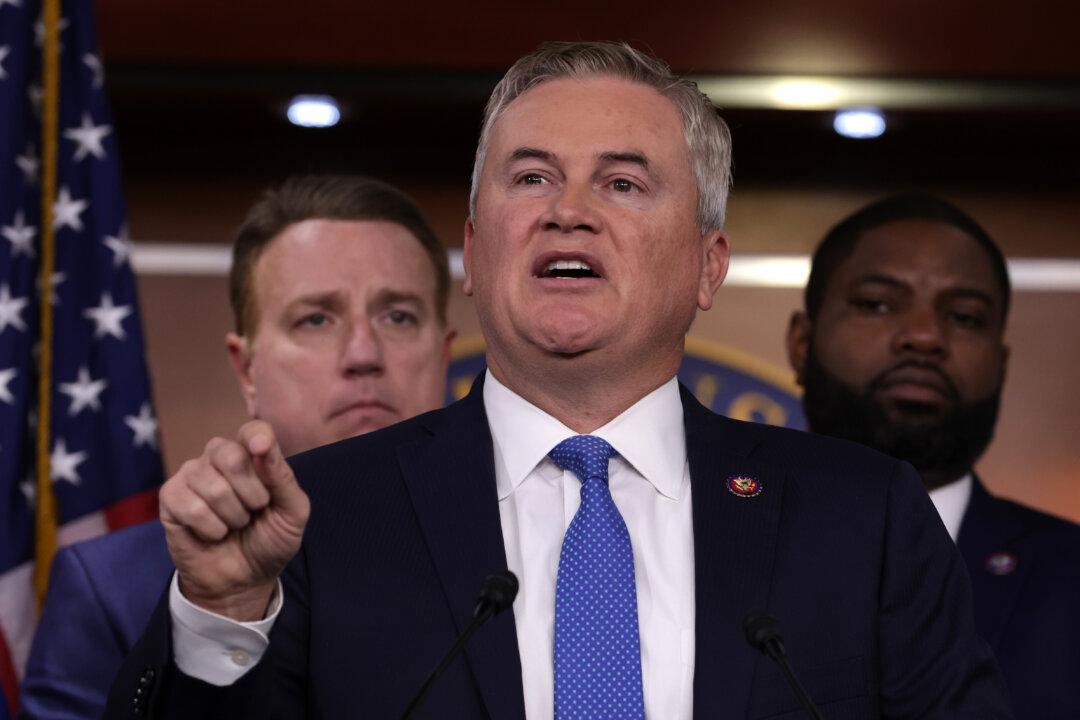House Committee on Oversight and Accountability Chairman James Comer (R-Ky.) doubled down on the push to acquire an FBI document that linked Joe Biden to a pay-to-play bribery scheme while he was still vice president under President Barack Obama.
“The FBI’s delay in producing a single, unclassified record is unacceptable,” Comer said in a May 19 statement.




